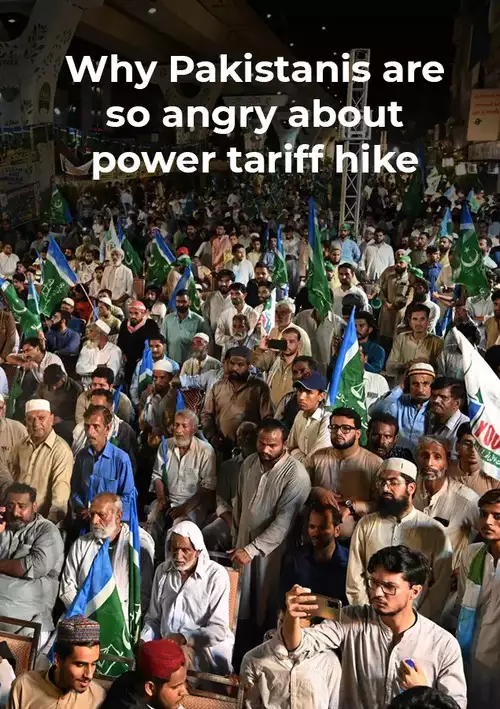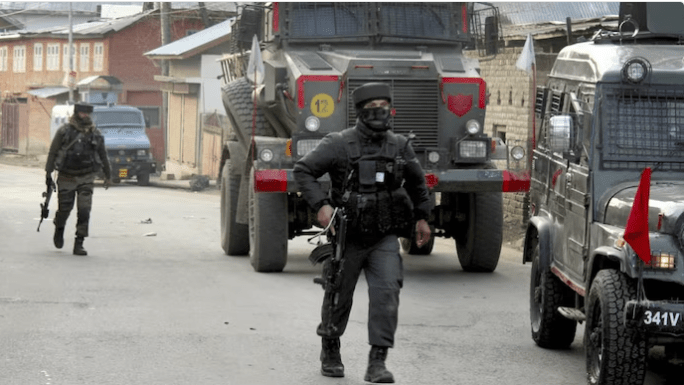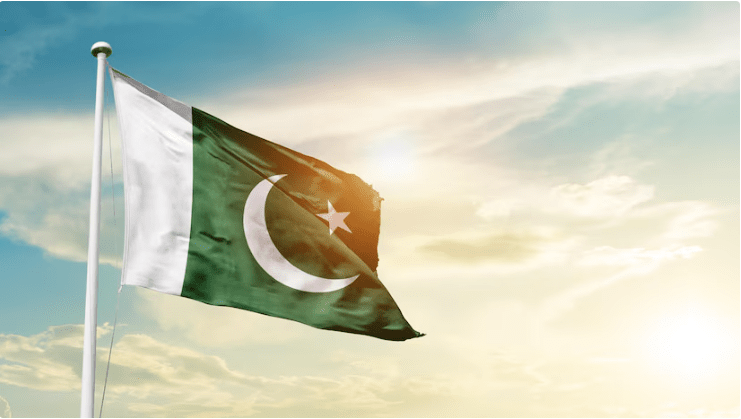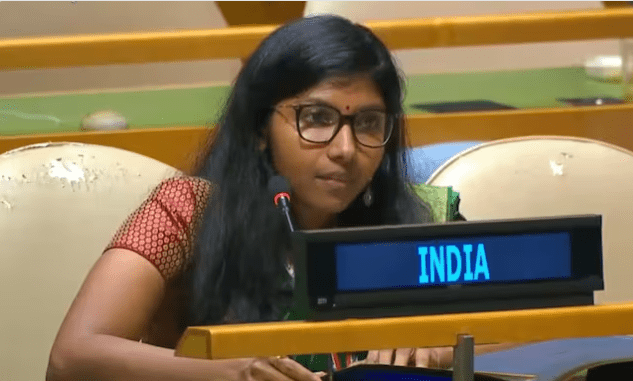Frequent and sharp power tariff hikes frustrate Pakistani population

The suffering of people in Pakistan has worsened after the general elections as the new government has planned another major hike in power bills. Now, an increase of PKR 5 per unit is proposed, which comes after the PKR 7.5 hike a month ago. The electricity charges have doubled in just one year.[1] The exorbitant increase in power bills has added to the troubles of Pakistani people, who are already suffering from double-digit inflation.
Pakistan’s National Electric Power Regulatory Authority (NEPRA) increased the price of electricity by PKR 7.5 per unit in January this year.[2] While the protests were being lodged to oppose the sharp increase in the power bills, another hike of Rs 5 has been proposed.[3] This is going to hurt common households as well as affect business and industrial operations.
The inflation rate touched 32.73 percent in February—a weekly increase of 1.35 percent soon after the new government was formed. The unsustainable inflation has caused 75 percent hike in power bills.[4] The expensive energy bills are crumbling Pakistani household budgets especially when the skyrocketed prices of essential food commodities have made everyday life a struggle for a majority of population.
Power distribution companies are criticised for their inefficiency and non-performance as consumers have to shell out more money for the former’s failures. Consumers are forced to pay much more than the actual consumption. Terminologies such as ‘quarterly adjustment’, ‘fuel adjustments’, unexplained ‘surcharge’ and ‘additional surcharge’ and taxes like ‘electricity duty’, ‘sales tax’, ‘income tax’ and ‘television license fee’ are used to inflate power bills.[5]
Even those who have television sets in their homes are forced to pay additional fees. [6]Electricity is considered an important raw material for industries. High-power tariffs are “sheer injustice” and it will destroy Pakistan’s manufacturing sector, warned the Lahore Chamber of Commerce and Industry (LCCI). “The repeated hike in power tariff is hurting exports and local businesses alike,” it said.[7]
The high expenses on electricity bills have made Pakistani goods uncompetitive in the global markets as well as unaffordable for the common people in the country, said Iftikhar Ahmed Sheikh, president of the Karachi Chamber of Commerce and Industry. “The unbearably high electricity bills have created a terrifying situation where the industrialists find it unfeasible to keep their units operational,” he said. The partial and complete shutdown of small and medium enterprises and industries has left millions of people jobless in Pakistan, Sheikh said.[8]
Pakistan has been witnessing a severe power crisis for over three years now. This has caused protests by people and industry time and again. People held rallies across the country including the capital city of Islamabad. They even burnt electricity bills to oppose frequent outages and high tariffs.[9] In 2023, a crowd in Khyber Pakhtunkhwa province attacked a power station out of frustration. “Electricity bills take up half of my monthly income. How will I pay rent, feed my kids, and send them to school?” a labourer named Jan Mohammad said.[10]
The high food inflation and rising unemployment are making people afford expensive electricity increasingly onerous. “We are drowned in the flood of inflation. These bills are unbearable. If I pay the bill this month, I cannot feed my three kids,” said Noorul Amin, who works as a taxi driver.[11] Against such a backdrop, the proposed hike in energy tariff is going to aggravate the suffering. While the Islamabad government appears clueless, the Supreme Court of Pakistan has intervened and sought an answer on the imposition of additional taxes on power bills.[12]
Islamabad government could not have devised a strategy to relieve people from soaring electricity prices. It even failed to check power theft and corruption and bring operational efficiency so the financial burden is not passed on to the consumers.[13] Despite surplus production, power distribution companies have been stuck in circular debt thanks to unfair practices and a lack of reforms, said Shafqat Abbas, a research scholar at the Pakistan Institute of Development Economics. “It is crucial for the government to discontinue support for deceptive practices and corruption under the guise of subsidies, and instead take a role in developing a competitive energy market,” he said.[14]
END.
[1] https://tribune.com.pk/story/2457578/rise-and-rise-in-power-tariff
[2] https://www.samaa.tv/2087310412-
[3] https://tribune.com.pk/story/2459772/over-rs4unit-power-tariff-hike-sought
[4] https://www.samaa.tv/2087310638-pakistan-inflation-soars-past-32-as-prices-of-essential-goods-skyrocket
[5] https://tribune.com.pk/story/2457578/rise-and-rise-in-power-tariff
[6] https://tribune.com.pk/story/769034/super-charged-gst-tv-fee-in-power-bills-challenged-in-phc
[7] https://tribune.com.pk/story/2452416/power-tariff-hike-to-dent-trade-industry
[8] https://www.nation.com.pk/12-Mar-2024/industrialists-say-massive-power-tariff-hike-to-hurt-economy
[9] https://www.voanews.com/a/protests-over-power-bill-increases-spread-in-pakistan/7243248.html
[10] https://www.aa.com.tr/en/asia-pacific/widespread-protests-against-higher-electricity-bills-hit-pakistan/2977211
[11] https://www.aljazeera.com/gallery/2023/8/30/photos-protests-across-pakistan-against-high-electricity-bills
[12] https://tribune.com.pk/story/2459795/sc-issues-notices-to-govt-in-power-bill-taxes-plea
[13] https://www.brecorder.com/news/40294507
[14] https://pide.org.pk/research/how-operational-inefficiency-of-discos-shapes-circular-debt-in-the-power-sector/






